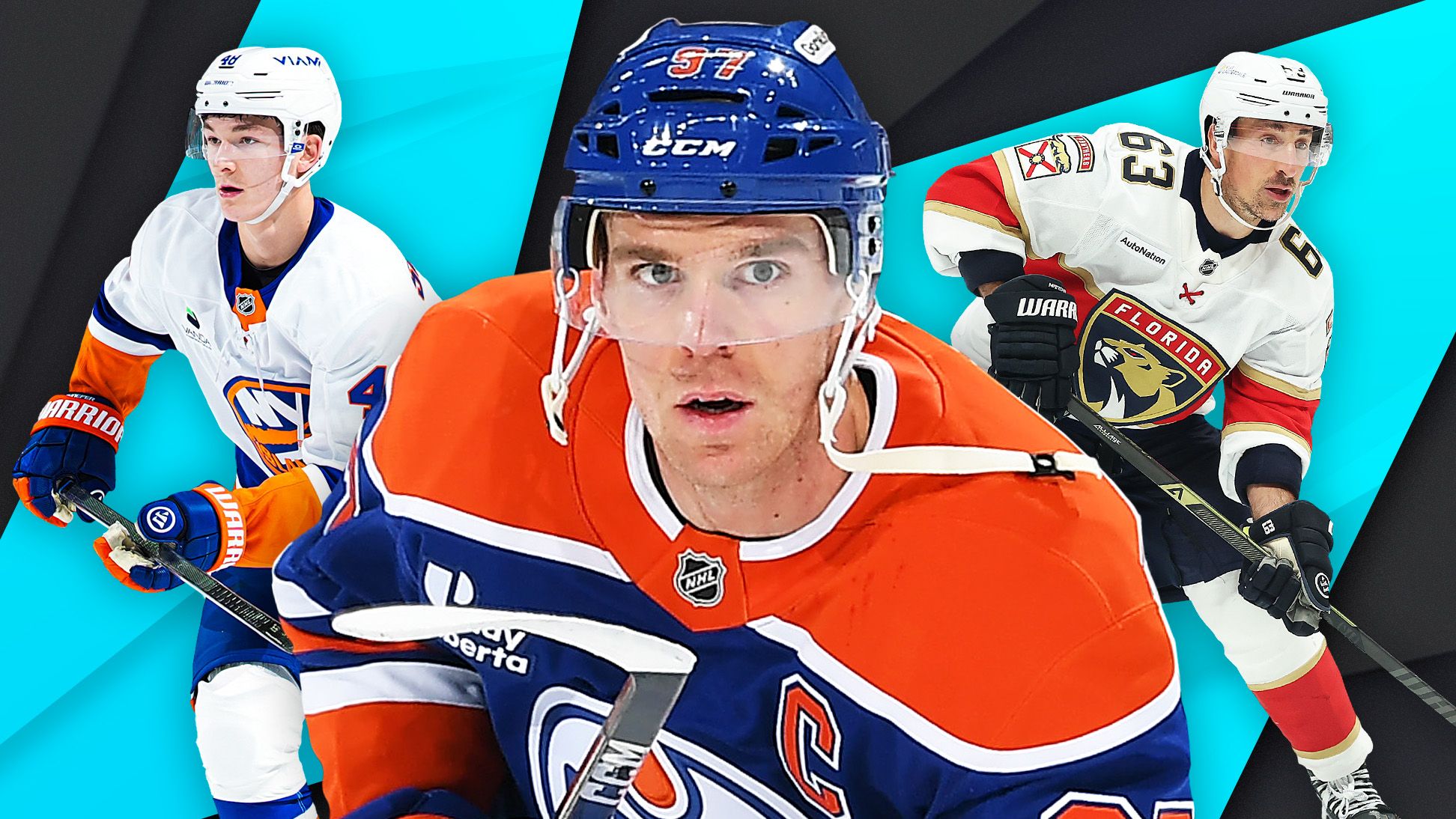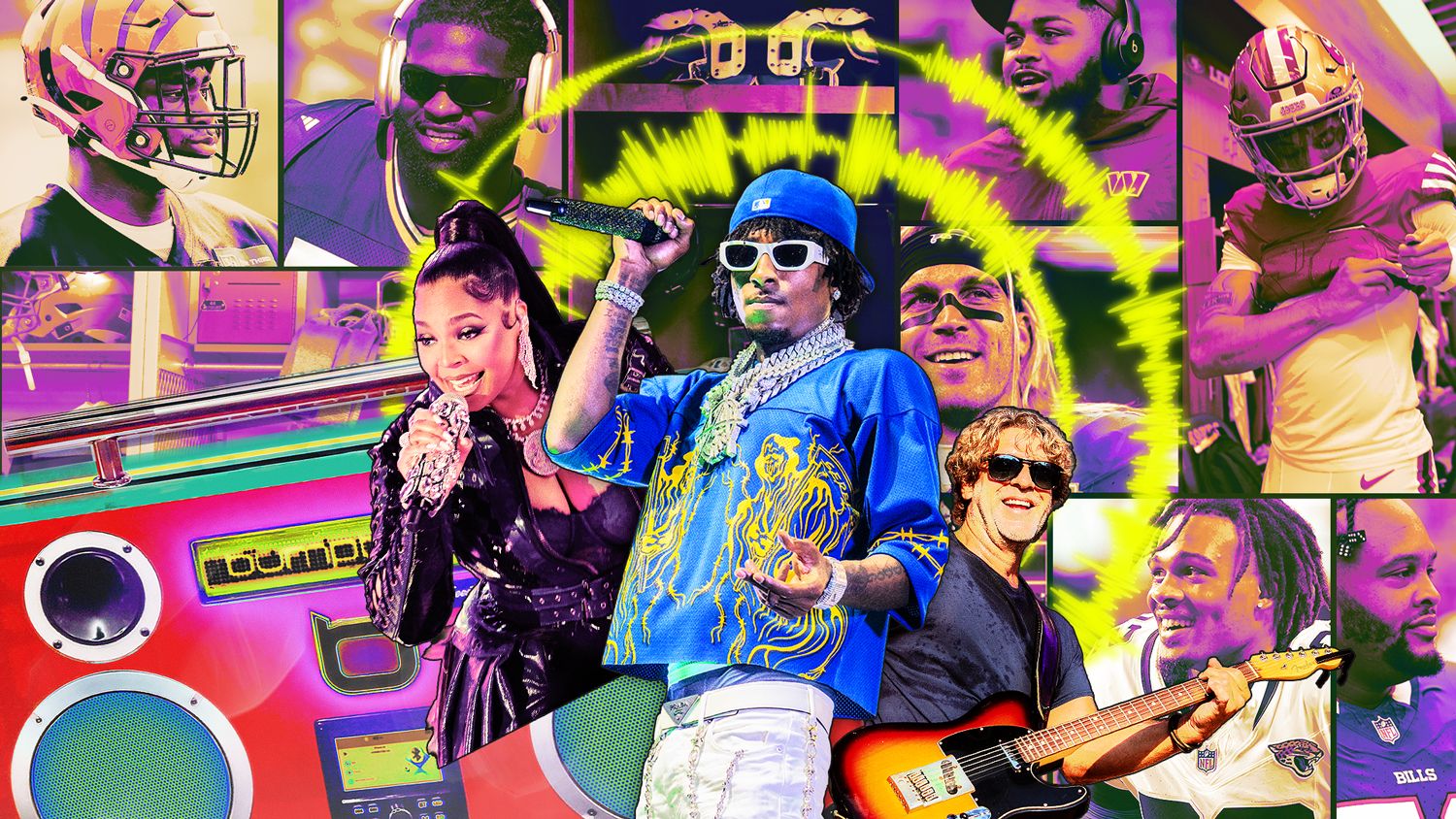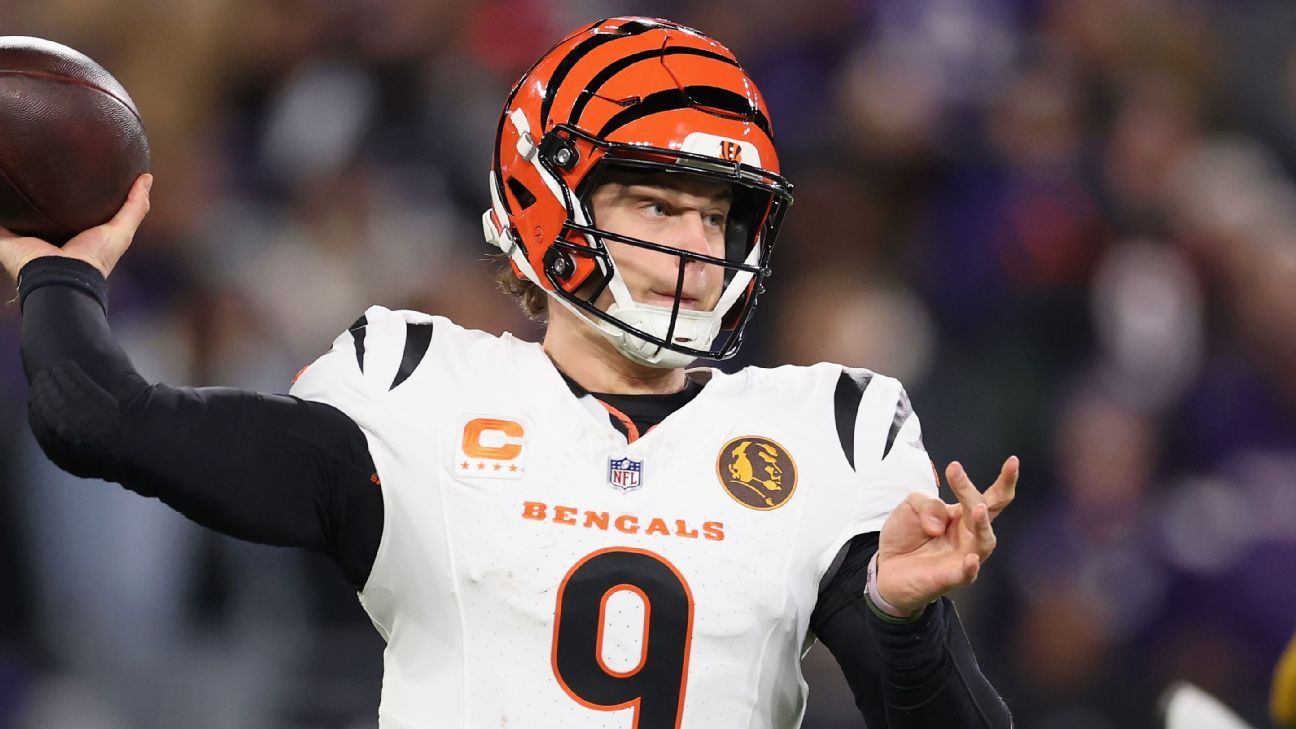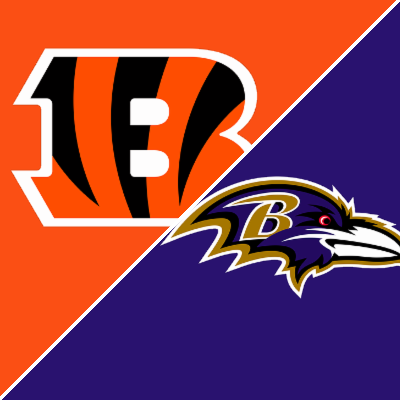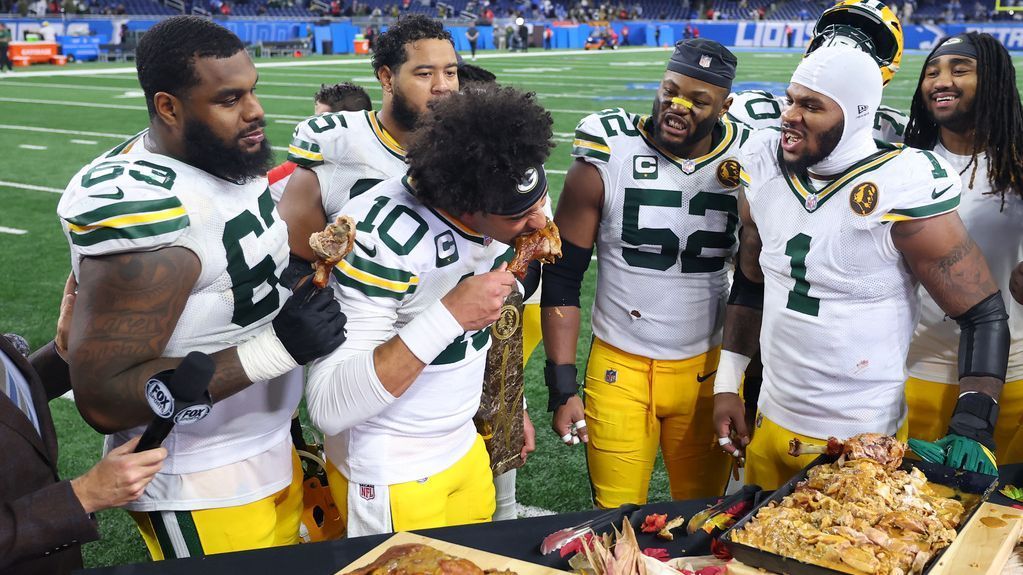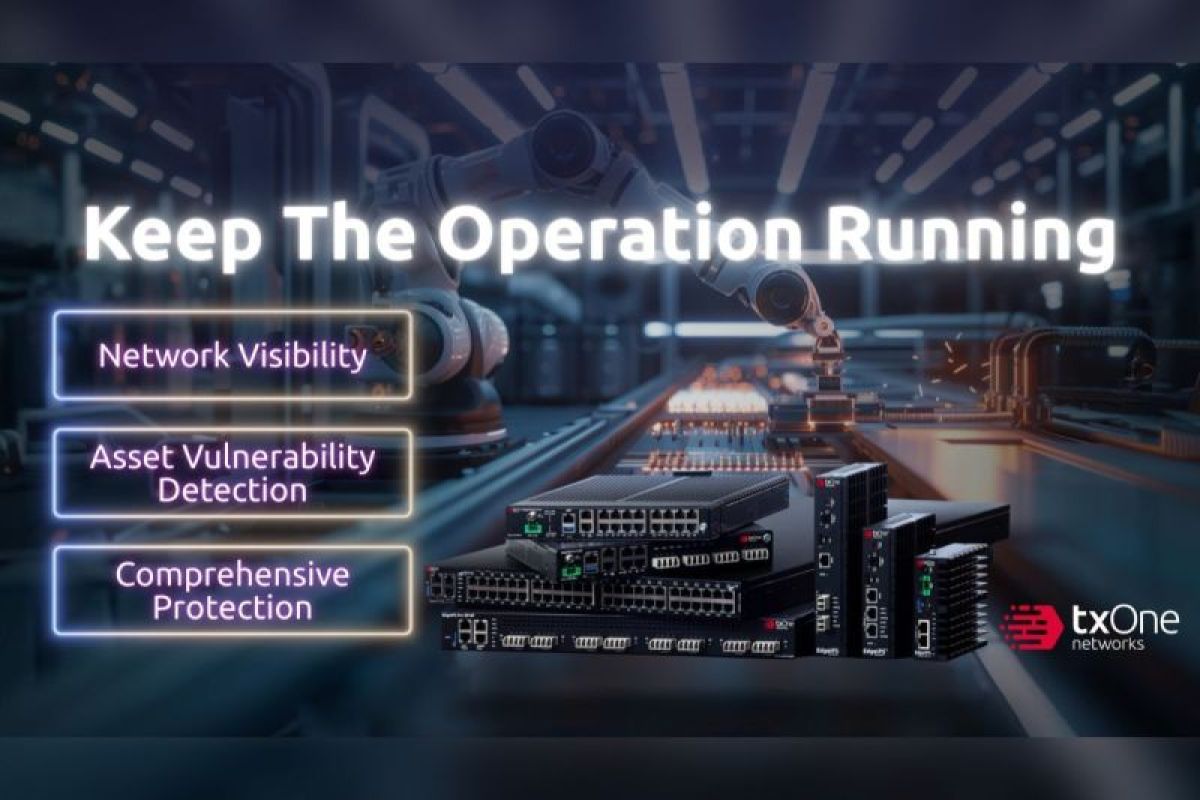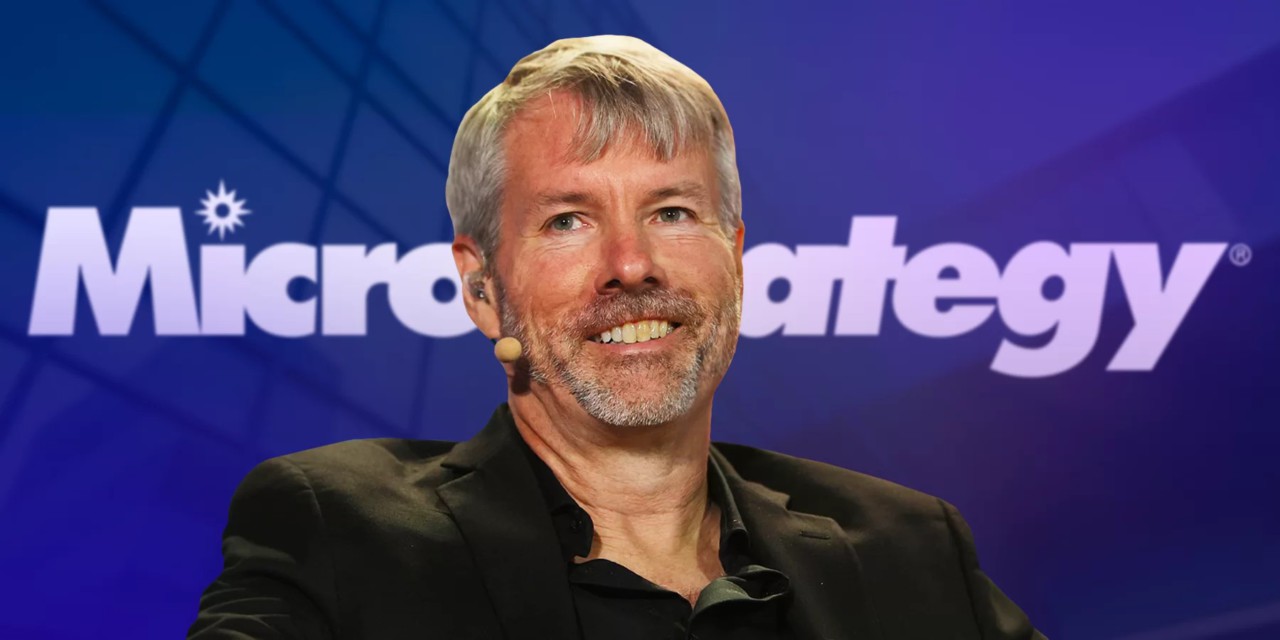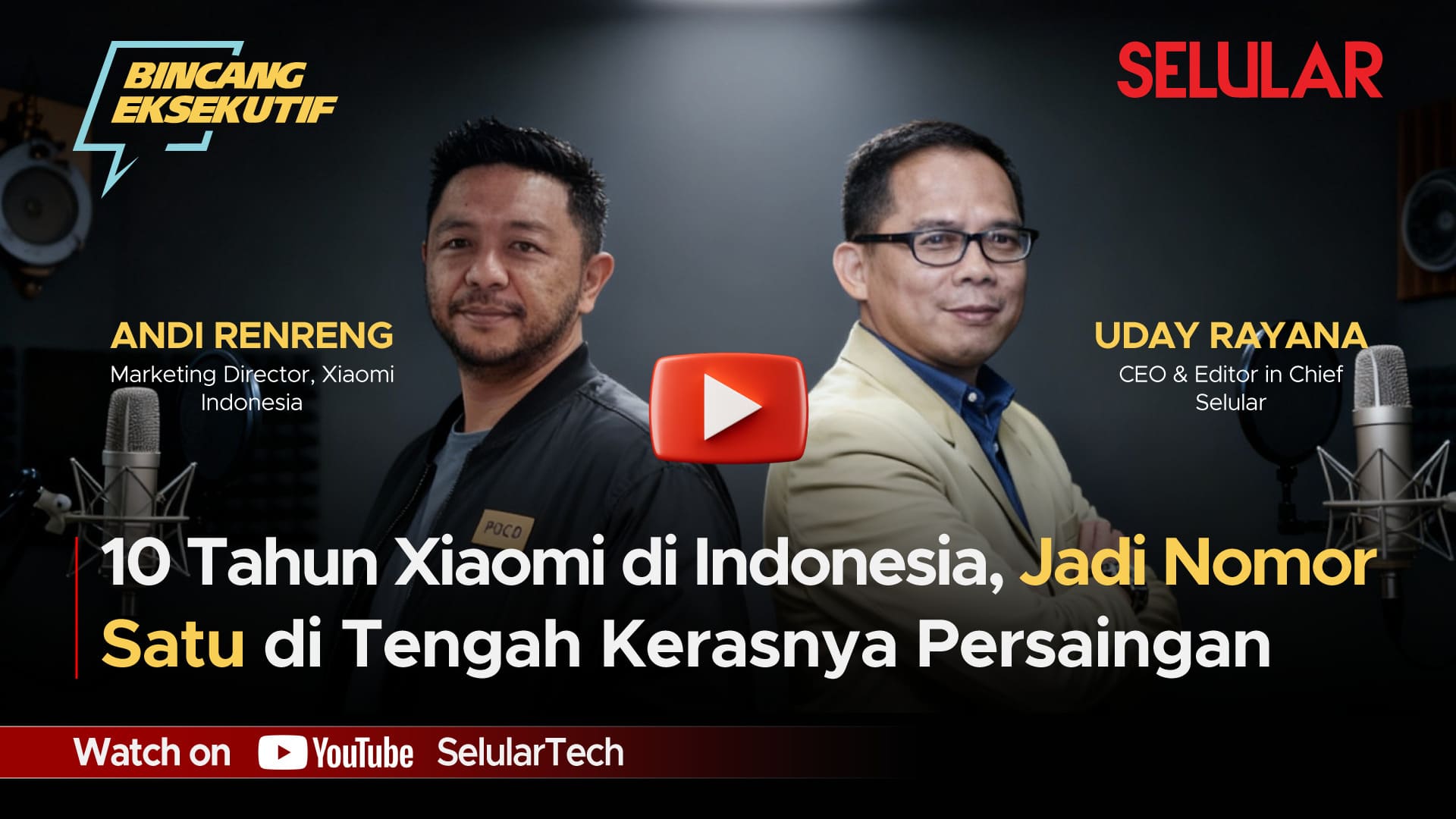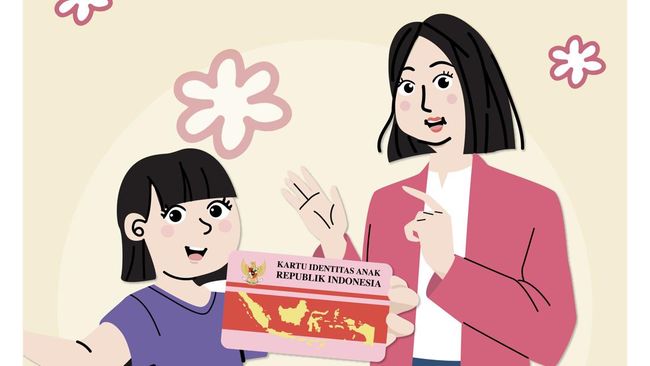Tim Bontemps

Tim Bontemps
ESPN Senior Writer
- Tim Bontemps is a senior NBA writer for ESPN.com who covers the league and what's impacting it on and off the court, including trade deadline intel, expansion and his MVP Straw Polls. You can find Tim alongside Brian Windhorst and Tim MacMahon on The Hoop Collective podcast.
Brian Windhorst

Brian Windhorst
ESPN Senior Writer
- ESPN.com NBA writer since 2010
- Covered Cleveland Cavs for seven years
- Author of two books
Oct 29, 2025, 09:17 AM ET
Over the past week, a pair of federal indictments involving an active NBA player in Miami Heat guard Terry Rozier; an active NBA head coach in Portland Trail Blazers coach Chauncey Billups; and a former NBA player and coach in Damon Jones have dominated the news cycle.
To try to get a better understanding of what is contained in those indictments, how such cases come together and how each of them could proceed from here, we spoke to Kate Reilly, a partner at the law firm Pryor Cashman, for Wednesday's episode of "The Hoop Collective" podcast.
Reilly works in Pryor Cashman's white collar and regulatory enforcement group. What makes her a particularly compelling voice on this topic is her previous job, in which she spent 11 years in the U.S. Attorney's Office in the Southern District of New York.
In that role, which she left in January, Reilly was a federal prosecutor who handled fraud cases and, for her final few years in office, was the chief of the complex frauds and cybercrime unit. In other words, she oversaw cases in areas relating to financial crime and cybercrime.
So although Reilly did not, at any point, work on either of the indictments that were announced last week by the Eastern District office in Brooklyn, she does have intimate knowledge of these sorts of cases and walked us through her thoughts on the relative strength of both indictments; how the NBA would, theoretically, work with the government throughout the cases; and what could come next.
The questions and answers are below, lightly edited for clarity. Click here for the full interview:
Q: Can you explain the charges, in as much of layman's terms as you can, for basketball fans?
A: There were two separate indictments. An indictment is just a charging instrument that a grand jury returns. So the prosecutors presented evidence, and the grand jury voted through the indictments.
The first indictment, and I think the more traditional indictment, is related to illegal poker games. And the allegations are that some of the professional basketball players were being used to pull high-net-worth, big-deal players into these poker games, and they were part of cheating rings. So the players were in on the cheating, there were other gamblers in on the cheating, and the victims were putting money into a rigged game.
And that indictment ties those games to the Mafia and ties it to some pretty traditional organized crime activity, like forced extortion of paying debts, and also gunpoint robbery in one case of these sort of rigged shuffling machines they were using in the games.
That's the first indictment. And then the second indictment, which is a little bit different, charges a number of individuals, including some coaches and players, with conspiring to defraud sports betting websites.
Essentially what it says is these guys had access to nonpublic information about things happening in the NBA, and they sold that information to people who used it to place bets. Or sometimes they took part in the betting themselves, and when they placed those bets knowing they had nonpublic information, they defrauded the sports betting websites they were placing the bets on, and then they laundered the proceeds.
So again, two different indictments with two very different sets of allegations, but clearly some overlapping people involved in them.
Q: Can you explain what you mean when you say the poker indictment is more of a "traditional" indictment, whereas the betting indictment is not? And does that have any bearing on your opinion on the strength of both cases?
A: I say that the first indictment is more traditional because if you take out the NBA piece of it, and the big press conference they were able to do because of that, this is not that different than a typical organized crime indictment. They're operating illegal gambling. They're facilitating that by using force, threats of force and violence. Sometimes they're using actual violence, in terms of the gunpoint robbery. It looks like an organized crime case.
And the interesting part of it from a press perspective, and certainly a sports fan perspective, is the involvement of these professional athletes -- and they're being used to lure people in. But this is the kind of indictment you've seen coming out of organized crime prosecutors in the Eastern District of New York for a long time.
The other indictment is less traditional, in that I think it pushes the boundaries of what can be considered wire fraud in a sort of interesting and different way.
The wire fraud statute essentially says that it's a crime, a federal crime, to misrepresent a material piece of information or to omit a material piece of information to try to get money or property from someone.
So if I lie to you so you'll give me money? That's wire fraud, assuming I use an email or phone or an interstate wire in the boring lawyer lingo. But here, what they're really saying is, in placing these bets, there were misrepresentations or omissions made to the sportsbooks.
Exactly what those are isn't laid out in the indictment. But there's some suggestion that agreeing to the terms of service of some of these sports betting websites, which bar the use of nonpublic information, that that might be one of the misrepresentations, or maybe that there's an omission because they didn't disclose the nonpublic information.
And I think that's a pretty aggressive use of the wire fraud statute, and I expect we will see [a motion filed] by the defense lawyers, once they are in the case, challenging the legal validity of that theory.
Q: The NBA has said Rozier "did not violate any NBA rules." Could you explain what the FBI could do to bring a case like this, versus what a private company could do to investigate one on its own?
A: I mean, look at the outset, what violates NBA rules versus what I was just describing could be used to say is a violation of federal law, if we're being aggressive about it, might be different.
But I suspect the bigger difference is exactly what you pointed to, that law enforcement have tools that private lawyers -- even the most expensive, fanciest private lawyers -- don't have, right? So, at the outset, they can issue subpoenas and compel people to give them documents and information. That's not something private lawyers can do.
But I think more relevantly here -- and there's some suggestion in the indictments that they did do some of this -- law enforcement can do search warrants on, for example, email accounts. They can take someone's cell phone and do a search warrant on the cell phone and look at the text messages.
And there's clearly some degree of communications among the coconspirators that law enforcement had their hands on because they talk about the fact, for example, that in one of these situations where one of the coconspirators had a tip about an NBA player not playing in the game, and then it turned out he did play in the game, he then exchanged messages with his coconspirator saying, "No, I promise you I had the tip. This was real information."
The government obviously has those messages. So those are things that the NBA lawyers -- they have some ability to exert influence over people in the NBA, players and coaches, and to get information from them, but that only extends to the people within the orbit of the NBA. And they just aren't going to have the same tools in terms of going to an email provider or getting into a phone to get everything that's there that the government would have.
0:48
Spoelstra, Adebayo react to Terry Rozier's arrest
Erik Spoelstra and Bam Adebayo talk about moving forward after Heat guard Terry Rozier's arrest.
Q: So it wouldn't be a surprise to you that a private company would not be able to find something, whereas the federal government would?
A: The indictments are just allegations, and so what the facts will be, we'll see if there's ever a trial. I think your answer to your question really depends on what the NBA knew, right, and how much they were able to find on their own and, frankly, what their dialogue was with law enforcement. I would suspect, I don't know. I don't have any involvement in these investigations, but if I was the prosecutor working on this case, I would've made document requests and talked to people at the NBA.
And so how much information flow there was from the prosecutors to the NBA, I don't really know. It is not at all inconceivable to me that the NBA may not have had a fulsome understanding of what the conduct really was here. And so their decisions may not have been fully informed.
Q: So it sounds like the NBA cooperating with the government doesn't necessarily mean the government would be keeping the NBA abreast of what it's doing?
A: That's exactly right. The government's not obligated to tell any third party anything about an investigation, and in fact, the government is subject to grand jury secrecy rules that prevent it from sharing certain information. So it certainly is the case that sometimes an entity like the NBA that's represented by experienced lawyers can read between the lines, but they're not getting a full readout of what the investigation is finding or where it's headed.
To hear more from Reilly on the Rozier and Billups indictments and the "legal risk" in these cases, listen to the entire Hoop Collective podcast:
.png)
 4 months ago
56
4 months ago
56






